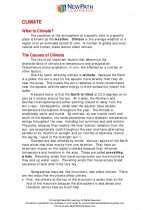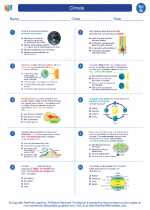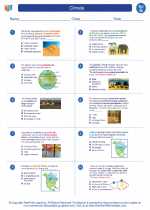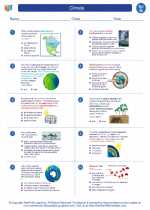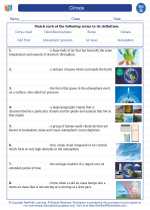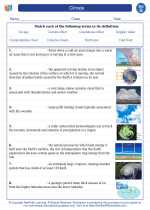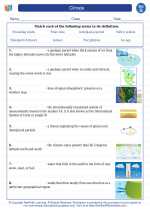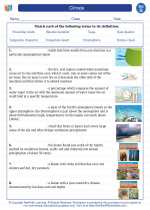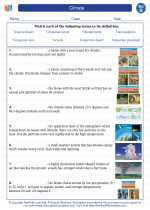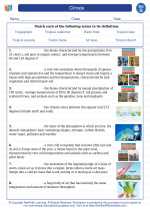Wind Energy
Wind energy is a form of renewable energy that is generated from the movement of air. It has been used for centuries, primarily for milling grain and pumping water. In modern times, wind energy is harnessed using wind turbines that convert the kinetic energy of the wind into electrical energy.
How Wind Energy Works
Wind energy is harnessed using wind turbines, which consist of blades that rotate when the wind blows. The rotation of the blades turns a generator, producing electricity. The amount of electricity generated depends on the speed of the wind and the size of the turbine.
Advantages of Wind Energy
- Renewable and sustainable
- Environmentally friendly - produces no greenhouse gas emissions or air pollutants
- Low operating costs once the turbines are installed
- Can be used in remote areas to provide electricity
Disadvantages of Wind Energy
- Intermittent source of energy - production depends on wind availability
- Visual and noise impact in some areas
- Initial high setup costs for installing wind turbines
- Potential impact on wildlife and bird migration patterns
Study Guide
- What is wind energy and how is it generated?
- Describe the working of a wind turbine in converting wind energy to electrical energy.
- Discuss the advantages and disadvantages of using wind energy as a renewable resource.
- Compare and contrast wind energy with other forms of renewable energy.
- Explain the potential environmental impacts of large-scale wind farms.
